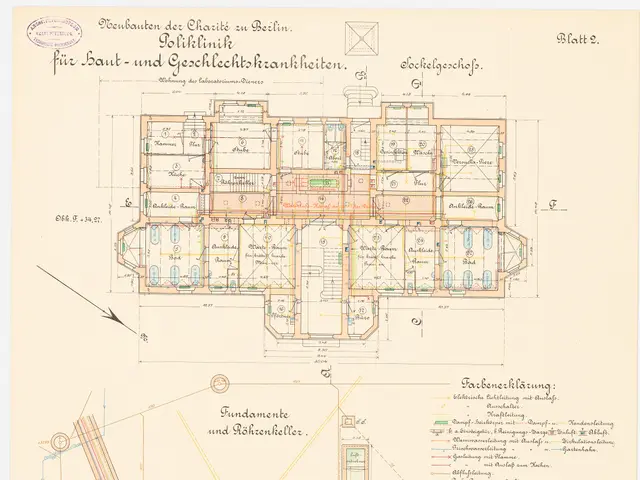Craftsman BW Discusses Impact of the Autocrisis on Consumers
In the heart of Germany's industrial landscape, the crafts sector in Baden-Württemberg is closely linked to the economic health of the major car manufacturers. With key players like Daimler AG, Porsche, and numerous automotive suppliers based in the region, fluctuations in the automotive sector's performance have a direct impact on related crafts and trades.
According to Rainer Reichhold, the president of the Baden-Württemberg Crafts Association (Handwerk BW), the crafts sector's performance is directly linked to the industry's performance. This interdependence is rooted in the automotive sector's significant role as a pillar of the region's industrial and economic structure.
Rainer Reichhold recently made a statement suggesting that people may be less likely to spend money if they are worried about job security. This sentiment, if reflected in consumer behaviour, could potentially lead to a decrease in demand for the crafts sector, affecting small businesses and skilled craftspeople.
This concern arises from the potential layoffs in major car manufacturers due to economic downturns or structural changes such as automation and electrification. Such layoffs could trickle down to the crafts sector, impacting not only large-scale projects but also everyday spending on items like bread and haircuts.
The 2025 Auto Motor and Sport Congress, held at the Mercedes-Benz Museum in Stuttgart, serves as a testament to Baden-Württemberg's role as a mobility hub. The event reflects ongoing collaboration and market dynamics involving OEMs, suppliers, and related trades, including crafts sectors affected by the automotive supply chain.
However, the current tense situation in the industry raises concerns about the crafts sector's future. Companies like Continental AG, a major automotive supplier headquartered in the region, have reported steady or improving earnings in their automotive group sectors in 2025, indicating some resilience that could positively influence the crafts sector through continued orders and development projects.
In summary, Rainer Reichhold's statement suggests that the crafts sector's performance is directly linked to the job security and spending habits of consumers. The crafts sector in Baden-Württemberg could be negatively impacted by a decrease in consumer spending due to job insecurity among employees in major car manufacturers. The crafts sector only performs well when the overall economy is doing well, as per Rainer Reichhold's statement.
- The link between the crafts sector in Baden-Württemberg and the industrial economy extends beyond automotive manufacturers; it also involves related industries like finance, energy, aerospace, and transportation.
- The performance of these sectors can directly impact small businesses and skilled craftspeople in the crafts sector, as fluctuations in consumer spending and job security across these industries could reduce demand for crafts.
- Potential layoffs in major car manufacturers due to economic downturns or structural changes could have a ripple effect on the crafts sector, impacting not only large-scale projects but also everyday spending on diverse goods and services.
- The 2025 Auto Motor and Sport Congress, a testament to Baden-Württemberg's position as a mobility hub, highlights ongoing collaboration and market dynamics among Original Equipment Manufacturers (OEMs), suppliers, and various trades, including the crafts sector, which are intrinsically linked to the automotive supply chain.








